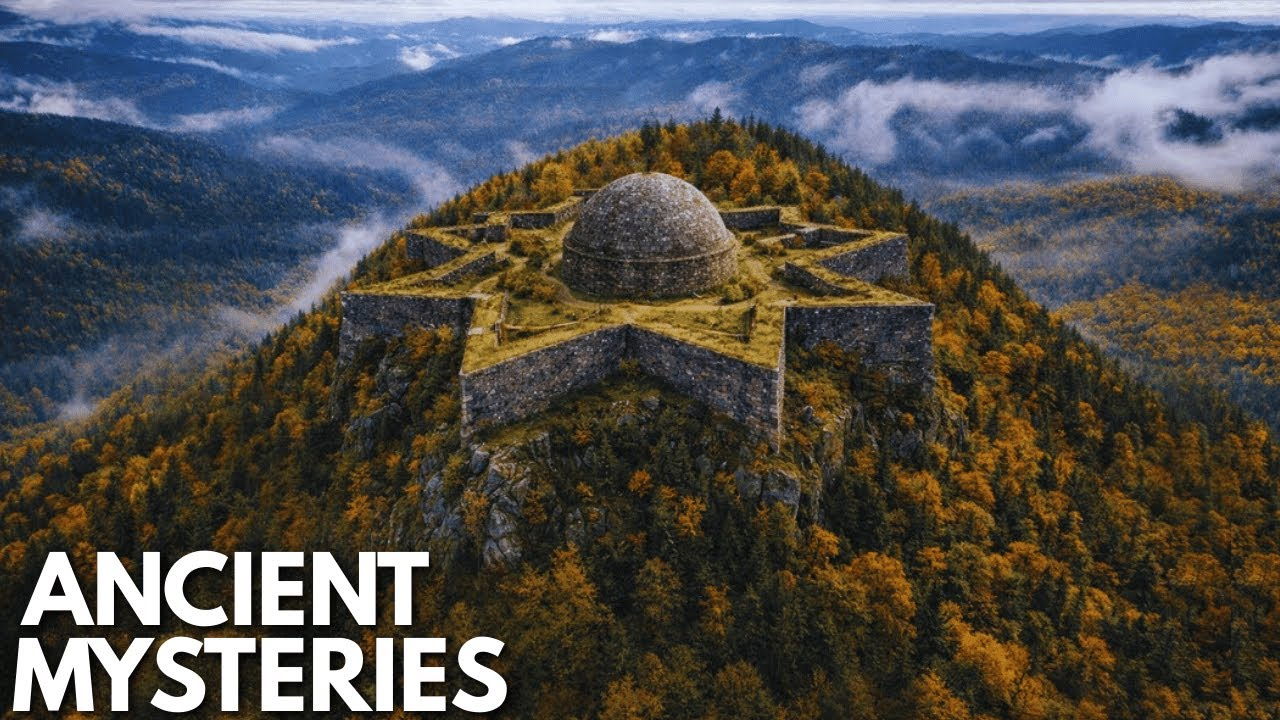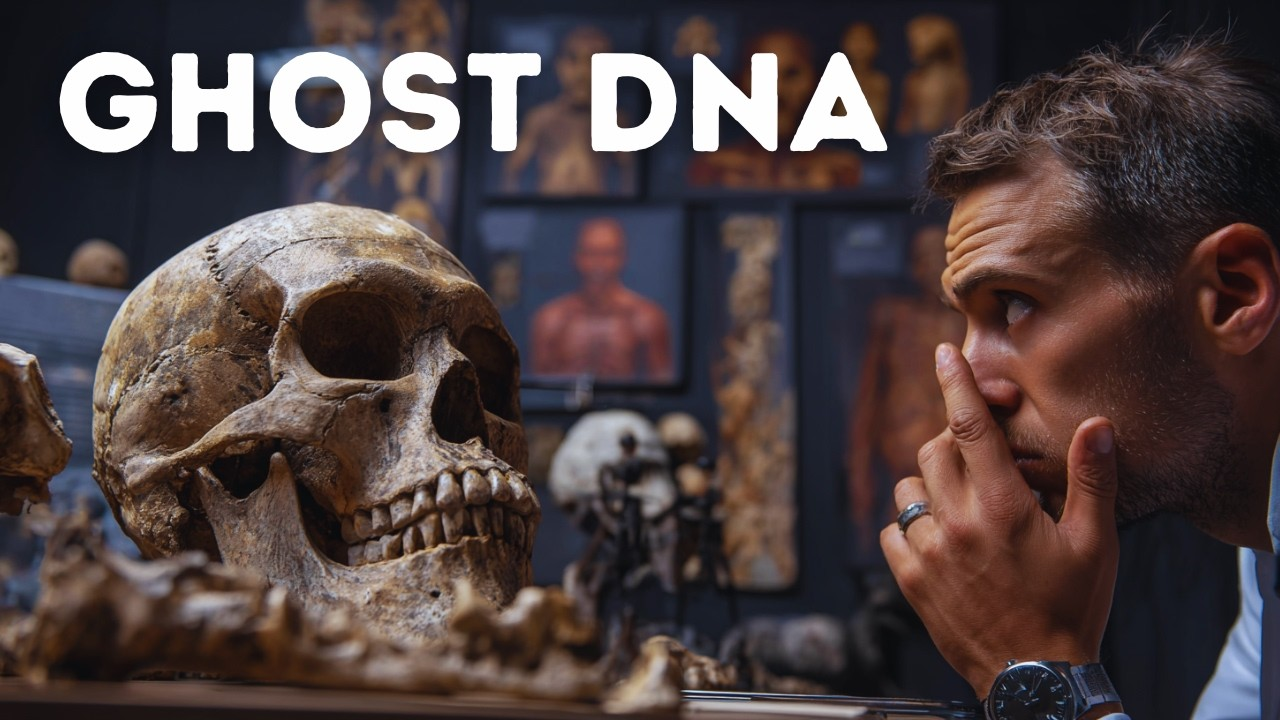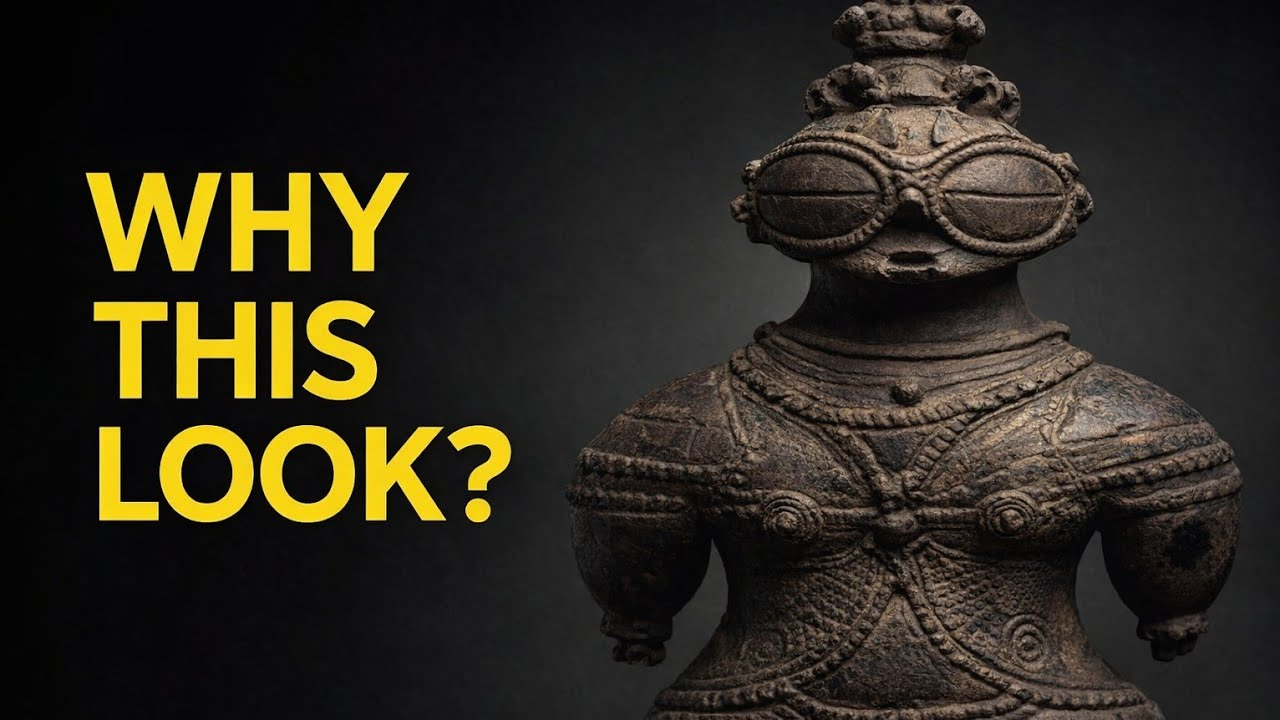Demeter, the goddess of agriculture, fertility, and the harvest, played a central role in ancient Greek religious practices. She was venerated for her ability to provide bountiful crops and ensure the cycle of life and death.
One of the most significant festivals dedicated to Demeter was the Eleusinian Mysteries, held annually in Eleusis. These secretive rites were believed to grant initiates special knowledge about the afterlife and divine blessings. Participants underwent a series of ceremonies, purifications, and dramatic reenactments of Demeter’s search for her daughter, Persephone, who had been abducted by Hades.
Another important festival was the Thesmophoria, celebrated by women across Greece. This festival focused on fertility, the agricultural cycle, and the sacred bond between Demeter and the earth. Women would engage in fasting, offerings, and rituals meant to promote the fertility of both land and people.
Temples and sanctuaries dedicated to Demeter were widespread, with the most famous located in Eleusis. These sacred spaces served as centers for worship, where devotees made offerings of grain, honey, and livestock to honor the goddess.
The worship of Demeter highlights the deep connection between agriculture and religion in ancient Greece. Her cult played a crucial role in sustaining both the physical and spiritual well-being of the people, emphasizing the importance of nature’s cycles in daily life.







